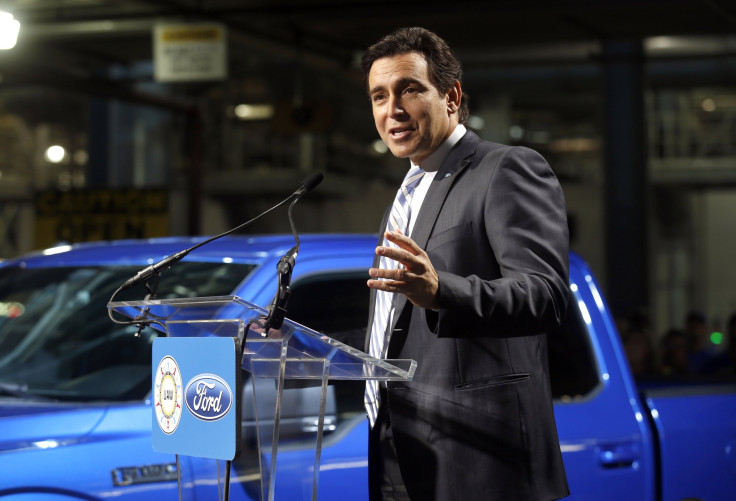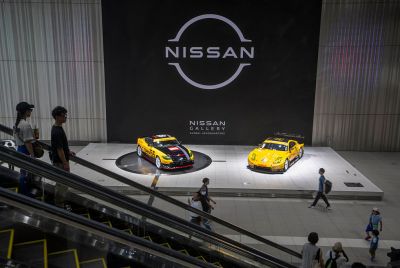Ford To Make Electric Cars 'Attainable To The Masses;' CEO Denies Rumors Ford Is Interested In Tesla

Mark Fields, president and CEO of Ford Motor Company, said on Monday that it intends to mass-produce affordable electric vehicles. Fields, in an interview with Yahoo Finance, emphasized that Ford has the capability to make electric cars with a strategy different from that of Tesla Motors.
Revealing the company’s intentions to produce reasonably priced electric cars, Fields pointed out that the Dearborn, Michigan-based automaker has a full line of electric vehicles that have performed well in the market place so far. Fields also said that Ford is not interested in buying Tesla, despite ongoing speculation that both Ford and General Motors Company are keen to acquire Tesla. Tesla Motors, led by CEO Elon Musk, is reportedly struggling to ramp up demand for its Model S sedan, but has rejected such concerns.
While Ford is currently ranked second in terms of sales in the electric car industry, the company’s Ford Focus was recently ranked as the most fuel-efficient compact car in the U.S., according to Fields.
“Tesla has done a very good job of bringing electrified cars into the consciousness of the American people,” Fields told Yahoo Finance, adding that “Tesla’s approach is to cater to a high-end consumer,” but, Ford’s approach would be to make electrified vehicles “attainable to the masses.”
Fields had said last month that producing an electric car is “consistent with the product philosophy” of Ford. Fields also stated, at the time, that the company can build a larger, fully electric sedan to compete with the Tesla's Model S, ValueWalk reported.
When asked about driver-assisted technologies, Fields said that Ford is planning to implement such technologies across its entire line-up over time, but added that research on the technology to produce better functioning sensor detectors had still some way to go.
© Copyright IBTimes 2025. All rights reserved.






















